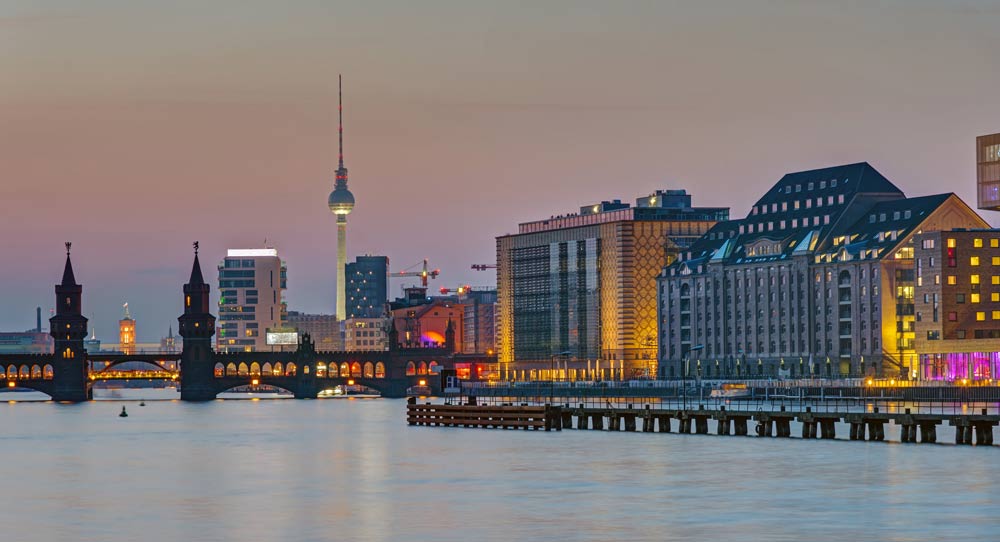Europe is not in good shape.
Italy now has a government of leftist and rightist populists in power. Hungarian Prime Minister Viktor Orbán is telling the opposition party in Macedonia to reject a proposed deal between Skopje and Athens to resolve the dispute over Macedonia’s name.Forget the fact that an end to this conflict would fill one of the security vacuums in this part of the Western Balkans, which should enhance European security. Macedonia could join NATO which Greece, until now, had vetoed because of the name issue.
More worrying, is that what is taking place in Europe today is, unwittingly, a collusion of interests between the Trump administration and the Kremlin.
These interests are about dividing the EU. In the case of the United States, these policies undermine the transatlantic alliance and weaken the West’s projection of its values. But above all, these interests are about undermining Germany, and in particular Angela Merkel, who has been chancellor of Europe’s biggest economy since 2005.
So why are Russia and the Trump administration targeting Merkel?
Let’s take Russia.
Once she became chancellor in late 2005, Merkel slowly chiseled away at the policies of her Social Democrat predecessor Gerhard Schröder. The former German chancellor had established very close links with Putin, even referring to him as “an impeccable democrat.”
Merkel was having none of that. She reached out to Russia’s civil society activists. She spoke her mind with Putin. By the time the Russian president had illegally annexed Crimea in March 2014, Merkel knew where she stood with him.
Putin underestimated Merkel’s ability to get all EU member states on board to impose sanctions on Russia. Yet she did it. That weakened, to a big degree, the pro-Russia wings in Germany’s Social Democratic Party. The party’s “Ostpolitik”—or eastern policy that was based on rapprochement with Russia—was put on hold. So far, that Merkel line has held.
It hasn’t been easy. Both Germany’s pro-Russian Alternative for Germany (AfD) party and Italy’s new government want to end the sanctions on Russia. There were similar calls to lift the sanctions during Putin’s fulsome welcome by Austrian Chancellor Sebastian Kurz in Vienna on June 5.
Putin is intent on dividing the EU, which means undermining Merkel’s authority. Needless to say, he denied that during an interview with Austria’s public TV channel ORF: “We do not pursue the objective of dividing anything or anyone in the EU,” he said.
As for Trump, his policies are far more dangerous because, for the first time since World War II, the leader of the West is trying to isolate and undermine Germany. That means weakening Europe and the alliance.
This goes against the strategic policies of every, successive American administration since 1945. Policies that have been unflinchingly committed to building a Western, and later united, Europe anchored on the Franco-German alliance and “embedded” in what is today’s European Union.
Yes, there were big differences and quarrels over the deployment of U.S. Pershing missiles in West Germany in the 1980s and later the American invasion of Iraq in 2003. The point is that the alliance and the EU managed to hold together. So why are Trump and his emissaries now trying to do the opposite?
One reason is that Trump sees allies not based on values but based on short-term American interests in which allies are chosen at random. Yet slapping protectionist trade measures on key allies such as Mexico, Canada, and Europe on the spurious grounds of national security begs the question why the United States should be doing business with non-democratic or authoritarian countries such as Egypt or China. Do they enhance America’s security?
Second, Trump’s attack on Europe is not just about trade and spending more on defense—issues that the U.S. president will no doubt raise at next month’s NATO summit in Brussels. It is about Germany. Or rather it is about Angela Merkel.
Merkel has refused to pander to Trump since the day he was elected. She stood up to him on trade and climate change issues during the 2017 G20 and G7 meetings. She endured humiliation when he gave her limited time during her recent visit to Washington in April. And all the while, Trump’s new ambassador to Berlin, Richard Grenell, has spoken about “empowering anti-establishment European leaders.”
Merkel, for the moment, has wisely shrugged off Grenell’s statements and interviews by leaving it to others to respond. But what Merkel cannot shrug off is how the American administration is singling out Germany for its trade surplus, for its car exports to the United States (forget the fact that the German car industry combined has created 110,000 jobs in America), for its refugee policy, and for its policy toward Russia. In short, for its status in Europe.
It’s as if the United States was trying to set other EU countries against Germany, especially given Berlin’s anti-austerity policies in dealing with indebted eurozone countries. All the more reason for EU heads of state and government to rally behind a leader that has shown some spunk when it comes to dealing with Putin, refugees, and Trump. And for keeping the EU together.








